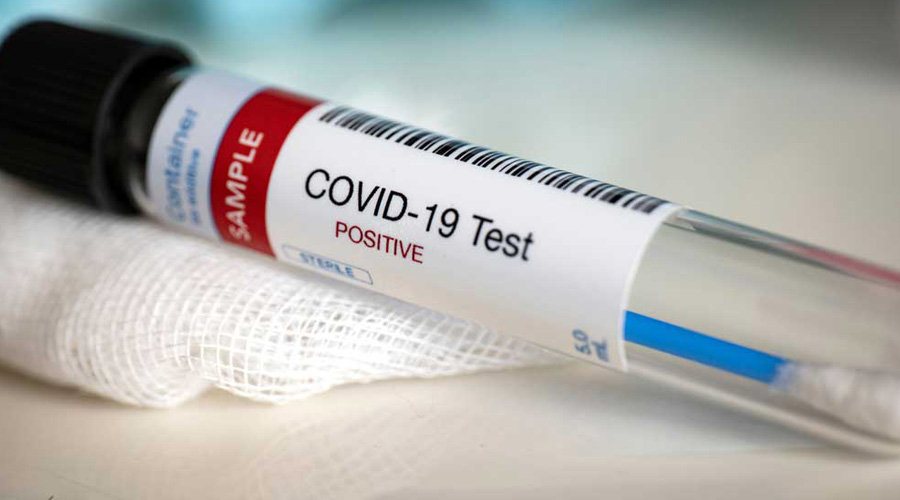Health authorities in India have detected the fast-spreading variant of the novel coronavirus disease in six people who have returned from the UK amid concerns whether its emergence might alter or even reverse the course of India’s steadily shrinking epidemic.
The Union health ministry on Tuesday said six people who had returned from the UK were found infected with the UK variant marked by an unusual set of mutations that appear to make the virus more transmissible than earlier circulating variants.
The ministry said three cases were detected by a lab in Bangalore, two by a lab in Hyderabad and one by a lab in Pune.
The ministry did not disclose the actual locations of any of the six cases. All six persons have been kept in single-room isolation in designated health facilities.
Their close contacts have also been placed under quarantine, and disease surveillance staff have launched “comprehensive contact tracing” to identify their co-travellers, family contacts and others who could have been potentially exposed to the variant, the ministry said.
Genome sequencing on dozens of other viral samples from people who have returned from the UK since November 25 and were found infected with the coronavirus are underway. Health authorities also plan to sequence five per cent of positive samples across the country.
“We have to be very, very careful — we still have a large pool of susceptible population. This virus may have its own run,” said Vinod Paul, chair of the national task force on Covid-19 and member of Niti Aayog, the government’s apex think tank.
Health authorities fear that the variant, mainly reported in the UK, but also in smaller numbers from Australia, Belgium, Brazil, Denmark, South Africa, Japan and some other countries, has genetic mutations that allow it to spread easier from person to person and could trigger fresh spurts in cases.
“When a new type of virus enters, it is easier to suppress it in the beginning when there are few cases and few chains of transmission,” Paul said.
Health officials and experts are concerned that any spurt in cases might increase the number of people requiring intensive care, and deaths.
India’s Covid-19 epidemic has shrunk steadily since its peak of over 90,000 new cases daily in mid-September to less than 17,000 cases on Tuesday. There is uncertainty about how the epidemic might change if the UK variant begins to spread in India.
“One good sign is that there is no evidence that this strain is contributing to more severe disease or to more deaths,” said Anurag Agrawal, director of the Institute of Genomics and Integrative Biology, New Delhi, one of the labs assigned to sequence the coronavirus genomes.
Some clinical virologists also believe that India’s steadily falling numbers could be the result of large proportions of people already infected and thus no longer susceptible.
“The virus seems to be running out of people to infect,” said T. Jacob John, former head of clinical virology at the Christian Medical College, Vellore. “Under such a scenario, this variant could trigger local spurts but is unlikely to significantly change the course of the nationwide epidemic,” John said.
However, others underline concerns that even local spurts could pose severe challenges. “If the numbers of infections increase dramatically, given the infection patterns we’ve seen thus far, the demand for intensive care too could increase,” said an official.











